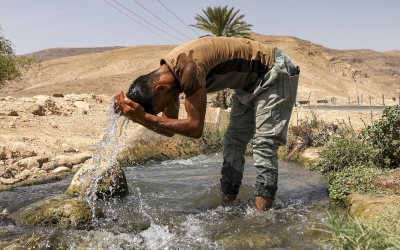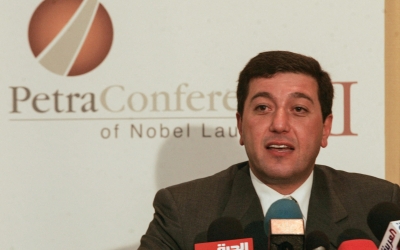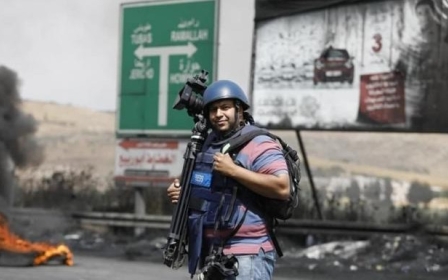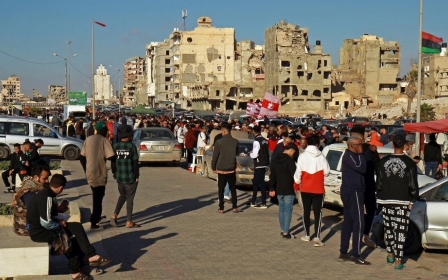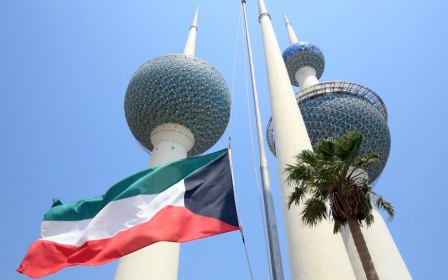Arabic press review: Morocco records over 11,000 marriages of underage girls annually
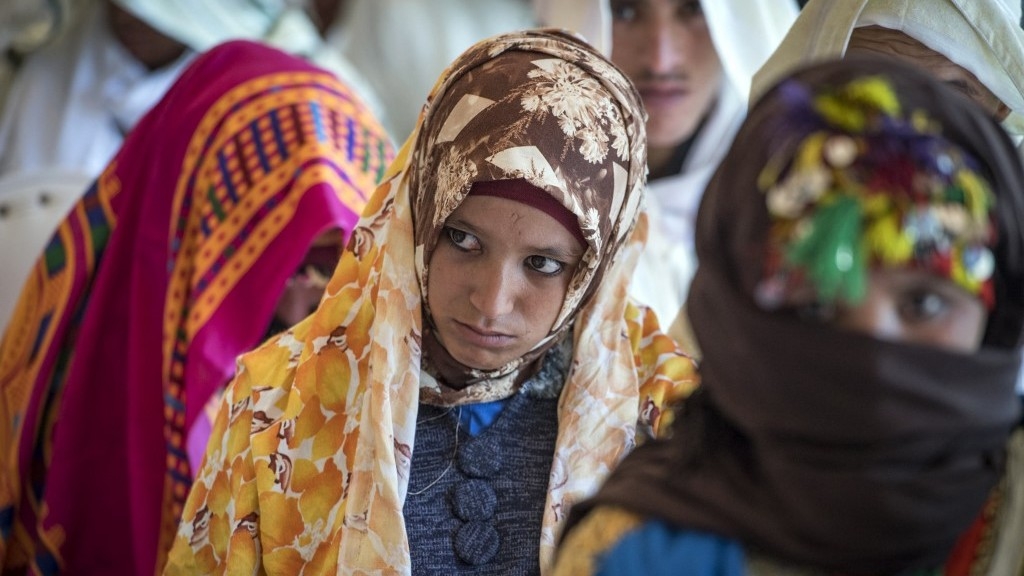
Underage marriages in Morocco
Courts in Morocco have found more than 11,000 cases of marriages of underage girls annually, from 2017 until 2021, according to a new report published in the London-based al-Quds al-Arabi newspaper.
Official data showed that family courts in the North African country received over 128,000 requests to register marriages of brides under 18 year-olds from 2017 to 2021. The data showed that there was an annual rate of 25,678 requests annually.
According to government data, the courts only approved 46 percent of the total requests for marriage submitted.
However, a government report suggests that the actual figures may be much higher, as not all marriages are registered through courts.
New MEE newsletter: Jerusalem Dispatch
Sign up to get the latest insights and analysis on Israel-Palestine, alongside Turkey Unpacked and other MEE newsletters
A field study carried out by government officials found that difficult social conditions were one of the contributing factors behind early marriage of girls, in a bid for families to relieve themselves of financial stress.
The study states that some families engage in early marriages due to financial hardships, with an aim of securing additional income in the form of gifts received after marriage, or financial assistance.
Other factors contributing to early marriages include family instability or suffering from a disability.
Israel cuts off water to Palestinian village
Israeli forces cut off water to a Palestinian village located south of the occupied West Bank last week, according to a report published in Arabi 21.
Israeli forces stormed the Wadi Jahish area, and cut a water pipeline which connected the area to a neighbouring village.
Jihad al-Nawajaa, the head of the council in the neighbouring village of Susiya, said that water pipes were also confiscated.
“Suddenly, the occupation forces stormed the area and cut off the pipelines from the Israeli company Mekorot, despite our assurance to them that it was an official and legal pipeline,” he told local media.
Al-Nawajaa also said that the area impacted is already severely water-stressed and that residents have been left to rely on collecting rainwater, which has proven challenging given the decrease in rainfall in recent years.
"The Israeli settler’s share of water amounts to about 200 litres, compared to 20 litres or less for the Palestinian citizen who owns the land,” he added.
Israeli politician and former member of the Knesset, Jamal Zahalka, confirmed that "the Israeli occupation is trying to control water and its sources throughout the West Bank, especially in the Hebron region".
Businessmen threatened by Russian mafia
Two prominent Jordanian businessmen say they have been on the receiving end of death threats from a Russian mafia, who have been cooperating with local agents in the country, Jordanian news website Khaberni reported.
The incident has prompted Jordanian security services to open an immediate investigation into the death threats targeted at Mohammed al-Marafi and his business partner Raed al-Nasser.
The two men, who own a company which deals with raw construction materials, said that the death threats were as a result of disputes with a Russian company which they deal with.
The report states that their lives would be in danger if they did not yield to demands to receive non-compliant materials.
Al-Marafi, who is CEO of the company, said that issue began two weeks ago when he received a phone call from the commercial director of the Russian company in which he was asked “to resolve the dispute or else they will deal with it their way,” which he did not take seriously at first, he told local media.
The two partners later discovered that there were local entities collecting detailed information about them and their families, including photos of their vehicles and company headquarters. Soon after, they received a call from a Jordanian person who identified himself as working for an American investigation company, the report states.
On 29 September, al-Marafi received a message which belonged to someone in the Chechen Republic, which read: “If you do not cancel the pending files with the Russian company, your lives and the lives of your families will be in danger."
*Arabic press review is a digest of news reports not independently verified as accurate by Middle East Eye.
Middle East Eye delivers independent and unrivalled coverage and analysis of the Middle East, North Africa and beyond. To learn more about republishing this content and the associated fees, please fill out this form. More about MEE can be found here.


